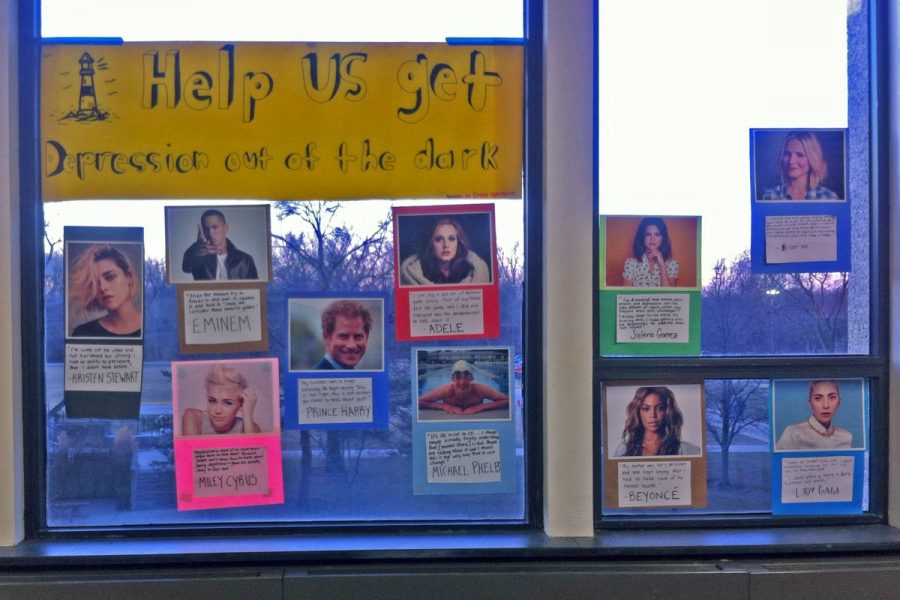Clubs get creative to make service possible
Though the Covid-19 pandemic poses challenges, clubs have risen to the occasion.
By adapting activities to the online setting, many service clubs are surviving, if not thriving.
Erika’s Lighthouse, a club that advocates for mental health awareness, has found that Zoom has made meetings accessible to students who normally would not be able to attend.
“Our attendance has been through the roof lately,” said sponsor Steven Rish. “Meeting online gives us more flexibility–for instance, our athlete members can join for twenty minutes, and then leave to go to practice.”
Voices in Prevention has seen similar success. In a normal school year, the club members would travel to middle schools, performing skits about dealing with peer pressure, bullying, and exposure to drugs and alcohol.
“Our enrollment is up, and our members are interested in re-formatting parts of our program,” explained sponsor Eric Berliant. “We are rewriting and revising our skits to be more impactful.”
Voices in Prevention plans to begin Zooming into middle schools to perform their skits.
Aside from upping membership, the remote setting has provided some clubs with new opportunities to vary their activities.
Inspired Youth Tutoring is one such club. While students normally travel to Chicago to assist elementary-age kids with their homework, members have found that the remote setting has unique advantages.
“We have been able to use programs like Google Docs and IXL to screen share and tutor our kids in a new format,” explained sophomore Erin Lee.
Erika’s Lighthouse has also found that Zoom can broaden normal meeting activities.
“We recently had a Buddhist monk give a virtual presentation about mindfulness and meditation,” junior Rosemary Wynnychenko said. “She lives in Crystal Lake, so this likely would not have been possible if Erika’s Lighthouse was meeting in-person.”
Clubs that are more reliant on the in-person environment have had to work harder to adapt to Covid-19 limitations.
This has been the reality for Binary Heart. During a typical year, the club takes donations of broken or used laptops, computers, and tablets to fix and distribute to students in Chicago who otherwise could not afford them.
Currently, club leaders are developing adaptations to make the club tenable in a socially-distanced environment.
“BinaryHeart will create four self-contained workstations where only two people can work. A protective shield will be placed on our large, square tables to keep us safe while working in these hubs,” explained co-sponsor Jacqueline Pritchard.
“Each of these 4 workstations will be equipped with its own diagnostic and repair tools, as well as disinfectant wipes, gloves, and hand sanitizer.”
The club is currently in the planning stage, and meeting remotely to work out these changes. Pritchard hopes to begin preparing devices for donation during the first week of November.
Whichever way service clubs are adapting to a Covid-19 friendly environment, most members are in agreement that there is a more urgent need for their organizations than there has been in the past.
“During this time, there is a clear and great need for access to tools that will connect students remotely to classes, teachers, and their school community,” Pritchard explained. “The need for digital access and to diminish that digital divide whenever possible is at the core of this club’s mission.”







































